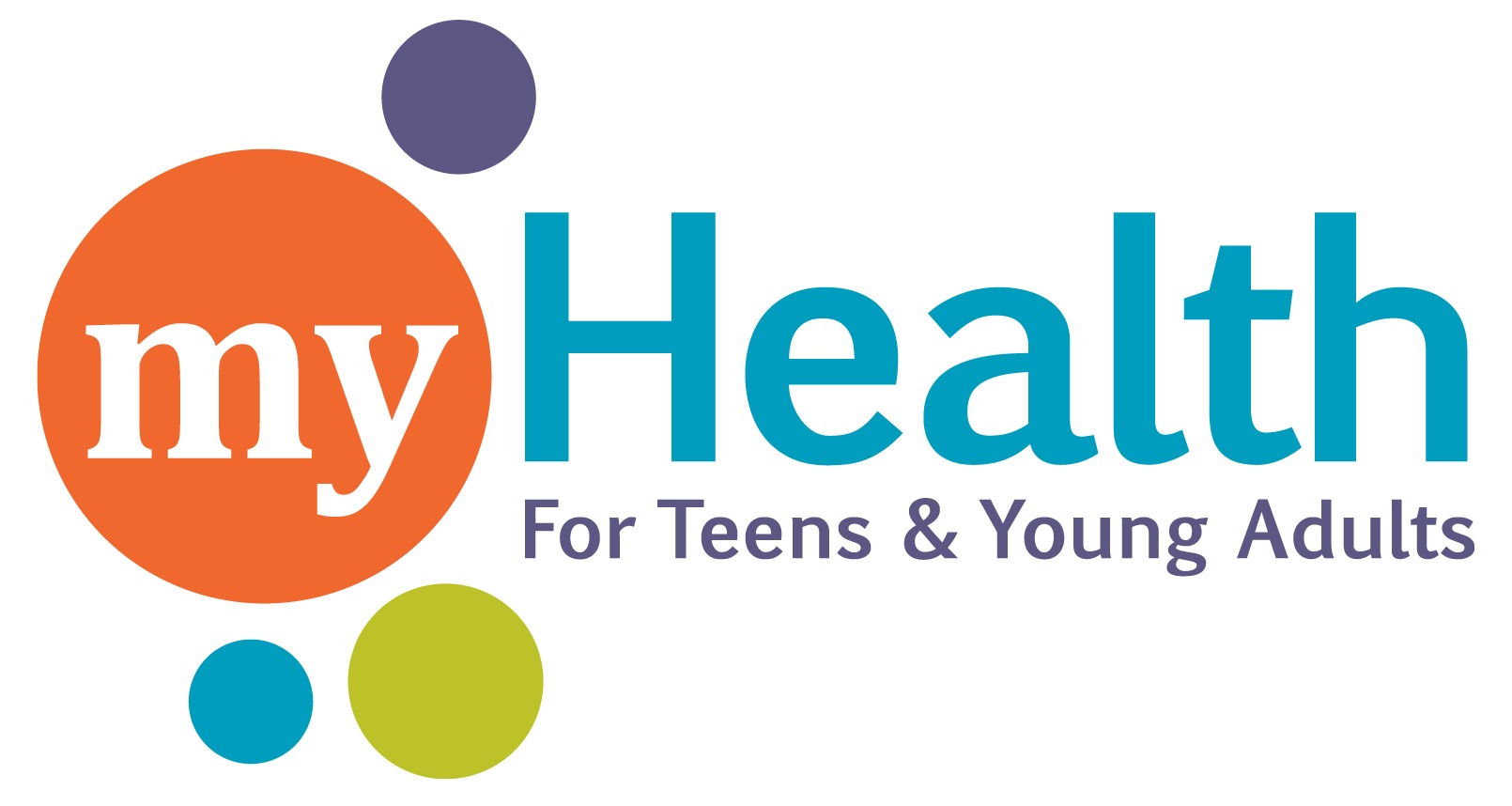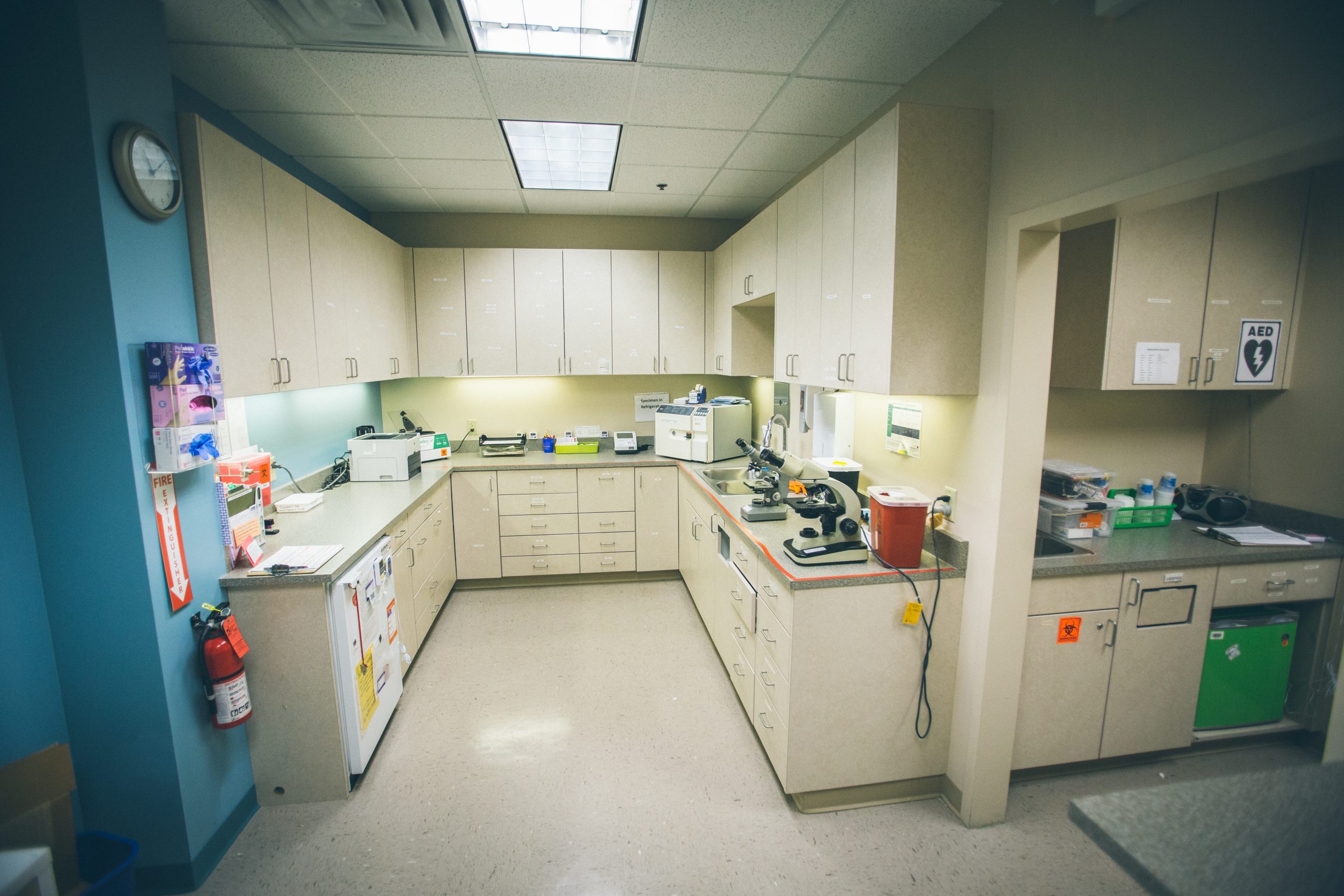Ways to Get Tested
Pap Smears
People with vaginas should begin pap smears at age 21. Cervical cancer is not a risk for teenagers, so screening at an early age is no longer recommended. myHealth does pap smear screening for our clients 21 and older and we can also do pap follow-up exams if a client has an abnormal pap result.
STI Screening
Testing Positive
If a person finds out they have an STI, it’s very important that they talk with their sexual partner or partners and inform them of their test results. Obviously, this is not the kind of conversation that anyone wants to have. Nevertheless, it’s something that just has to be done. If one does not inform a sexual partner that one has an STI, that person will never know they need to get tested. Also, they could pass it on to other people. In short, they deserve to know the truth.
Tips for telling your partner you have an STI:
-
If this is someone you’re in a relationship with or at least still in contact with, it’s important to tell them face to face; no emails, text messages, or even a phone call. It’s better to have the conversation in-person. Find a private place, shut off the cell phone, and make sure the two of you won’t be disturbed.
-
It’s important when telling one’s partner about the test results that a person remain calm. There’s no way to know how a partner will react to the news that they are at-risk for an STI. They could be angry, frightened, shocked, or all of the above. So it’s important to keep ones cool and not give in to the temptation to get angry or defensive. Just tell the person what the test results were, what the health care provider said, and that it’s important that they go get tested too.
-
They will probably have a lot of questions and a person should do their best to answer, but it’s not one’s job to be a doctor and know everything about STI’s. The best thing that a person can do is contact a health care provider and arrange to come in for testing; the provider will also be able to answer difficult questions.
-
If a person’s most recent sexual partner or partners are not in contact anymore, they still need to be told about the STI test results. Try and find an email address and send them a message. Know where their house or apartment is? Then maybe do it the old fashioned way and write a letter. Note, one doesn’t have to write a novel, just the basic information about what the STI test results were and that the person might be at-risk and should get tested.
-
Once again, telling a partner that one has an STI can be stressful and scary, and doing so is a very brave and mature thing to do; something that takes real guts. By doing so you will be helping to protect their health and maybe the health of others as well. This is a chance to step forward and take responsibility. And remember, you’re not alone. Professionals at myHealth are willing to help advise and assist you every step of the way.
Tips for talking to your parents:
- Approach your parent at a good time. If your parents are not in a particularly good mood or are real busy, find a better time. You might even want to set up an “appointment.” But don’t blow it off.
- Start with a general subject before getting more detailed. Instead of, “I want to learn more about sex,” you might say something like, “When do you think we could talk more about teens and sexuality?”
- Use a TV show, a book, or an article as a starting point. You can even print a story from a web site and show it to your parent. Say something like, “I ran across this story and was wondering what you think about it.”
- Listen. Your parent is more than likely to help you if you listen to what they have to say.
- Do not yell or argue. You might disagree with your parent, but you should show respect for different opinions.
- If your parent starts lecturing, remind him/her that you’re just asking questions. You want to be informed and you figure he/she is the best source of solid information. Hopefully, that’ll do the trick.

